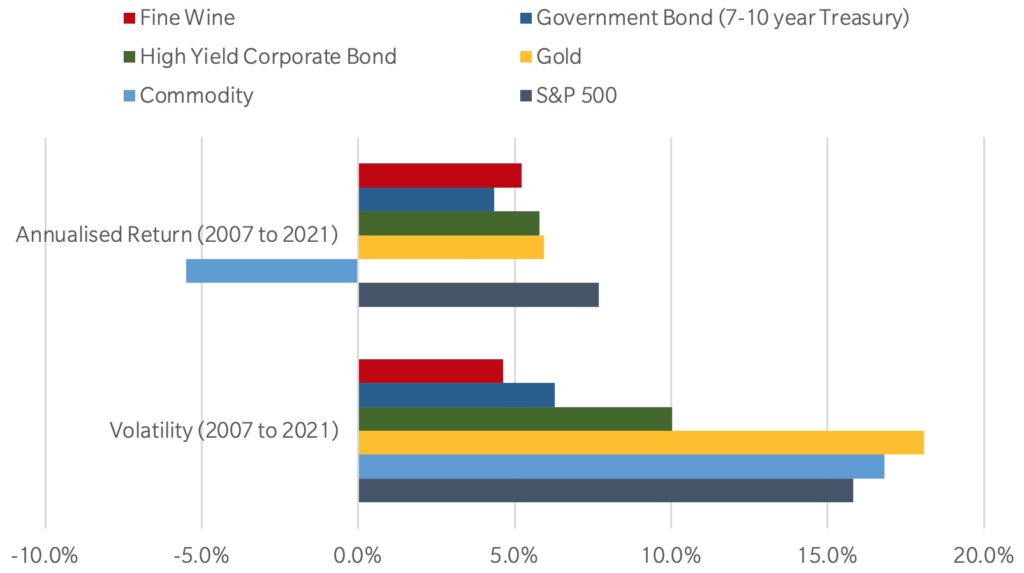
By Anna Malazhavaya
Special to the Financial Independence Hub
I never met anyone who said they enjoyed being interviewed by an auditor with the Canada Revenue Agency. For sure, CRA audits can be stressful and disruptive to a business, but this is the price we pay to maintain the integrity of our tax system. The CRA’s audit powers are already quite broad and now they are about to expand even further. Anyone who must file a tax return in Canada (and, therefore, can be audited) should pay attention.
The 2021 Federal Budget announced on April 19th includes a proposal that gives CRA officials a new power to compel oral interviews of “persons.” This means you, me, your employee, your neighbour and virtually anyone else who may have information relevant to determining and enforcing someone’s Canadian tax liability.
The current rules
How are the proposals different from the existing rules? The CRA already wielded the power to examine taxpayers’ documents or property that may be relevant to determine one’s tax obligations. As the CRA examines the documents or property, they have the power to ask questions about the documents or property. However, there is no general power for the CRA to compel oral interviews. In practice, this meant CRA auditors still used oral interviews when conducting selected types of audits, but it didn’t happen often.
In fact, a good portion of CRA audits were handled without much face-to-face interaction at all between auditors and taxpayers and/or their employees. Taxpayers’ authorized representatives, which means accountants and tax lawyers, handled most of the audit “heavy lifting” on behalf of their clients: they attended on-site meetings, had phone calls, answered questions, and provided documents. Taxpayers generally had the opportunity to answer the auditor’s questions in writing. This means that people had time to review their records, consult with their representatives, and keep a record of their specific answers. This trend of written audit questionnaires has become more pronounced during the COVID-19 pandemic as the CRA auditors tried to minimize in-person contact with taxpayers for safety reasons.
What prompted the Federal Budget change?
The most likely cause of the proposed change is a two-year-old Federal Court of Appeal decision in MNR v. Cameco Corporation (2019 FCA 67). On its website Cameco calls itself “one of the largest global providers of the fuel needed to energize a clean-air world.” That fuel is uranium. Based in Saskatoon, Saskatchewan, Cameco has offices in Canada, the United States, Switzerland, Kazakhstan, and Australia.
As part of the audit of Cameco, the CRA asked upwards of 25 employees of Cameco (including those of foreign subsidiaries) to attend oral interviews.
Notably, that was the CRA’s second time requesting to interview Cameco’s employees. The first came as part of another, earlier audit and Cameco complied with the earlier request. Later, it found that the auditor’s notes of the interview differed from the recollections of Cameco employees. The dispute over results of that earlier audit was about to reach the Tax Court of Canada.
So, when the CRA asked for oral interviews again during a subsequent audit, Cameco refused, offering to provide only written answers. Cameco argued that the CRA has no general power to compel oral interviews. Cameco was concerned that the oral interviews can prejudice the upcoming Tax Court litigation relating to the previous audit.
The CRA brought an application seeking a compliance order first to the Federal Court, and then to the Federal Court of Appeal. Both those courts sided with Cameco, stating that the CRA had no general power to compel oral answers to its questions. Fast forward to 2021, and the Federal Budget proposes to override the Cameco decision.
What’s next?
If the proposal is adopted, we will see more oral interviews with CRA auditors and the scope of interviews will be much broader. Of course, it’s too early to tell exactly how the CRA plans to use its newfound powers, but the following concerns are already obvious:
First, taxpayers’ answers during oral interviews can expose them to penalties or criminal prosecution. There are several tax rules where the taxpayer’s experience, knowledge of certain information, or taxpayer’s intentions are important. Some questions may trick you into admitting something that it is not entirely true, but your answer can later be used to impose penalties or even initiate criminal proceedings. Continue Reading…







